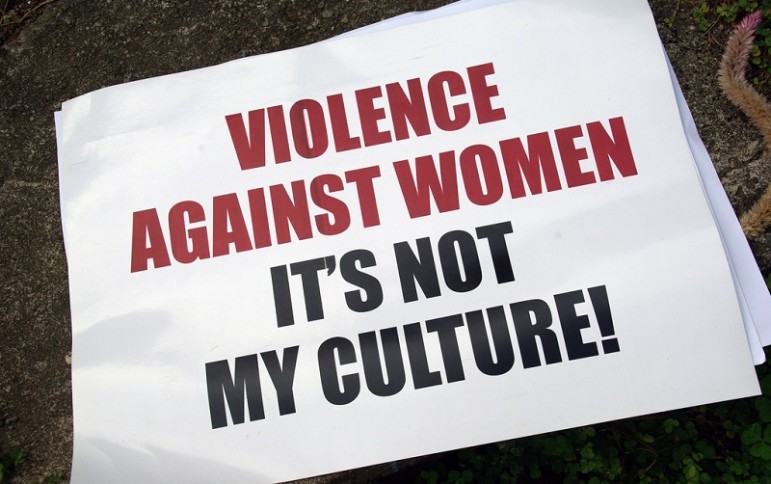
December 22, 2015; The Herald (Rock Hill, SC)
After a competitive cycle, the Catawba Indian Nation situated in South Carolina did not get renewed for one of its domestic violence grants, leading to the termination of a staff position in the tribe’s social services department.
The tribe received the three-year grant to help fund domestic violence and abuse support services for its members, but the grant ran out at the end of December. According to the U.S. Department of Justice, the tribe did not receive the grant in this current cycle.
“The tribe is subject to a competitive grant process,” said Catawba tribe spokeswoman Elizabeth Harris. “This year, the DOJ had 150 applicants, and only 40 grants were awarded.”
The original $749,538 grant from the tribal government’s program within the federal Violence Against Women office helped fund three full staff positions that provided legal assistance to women trying to leave their abusive partners as well as other support services such as shelter. The tribe will now be utilizing a smaller $422,393 grant form the Comprehensive Tribal Victims Assistance program from the DOJ. However, the reduced funding can no longer support three full-time staff positions. The number of positions has been reduced to two, and the remaining staff members will have to apply for them.
Sign up for our free newsletters
Subscribe to NPQ's newsletters to have our top stories delivered directly to your inbox.
By signing up, you agree to our privacy policy and terms of use, and to receive messages from NPQ and our partners.
Despite their funding nearly being halved, the program’s goal is to provide the same services it has over the last three years. To that end, the funding for the domestic violence shelter is separate from the DOJ grant funding, and it will continue to operate normally.
The loss of funding is particularly distressing given the disproportionately high rates of domestic violence and abuse in Native American communities compared to other ethnic groups. According to a 2004 DOJ report, Native American suffered from domestic violence at a rate 50 percent higher than other ethnic groups. The Center for Disease Control in 2008 reported that 39 percent of Native American women identified as victims of violence committed by their partners—again, higher than any other ethnic group.
Adding to the dilemma is that 70 percent of domestic violence committed against Native Americans is committed by a non-Native American outside of the community. With non-Native Americans outside of their jurisdiction, tribal law did not allow tribal courts to prosecute non-Natives until a provision was passed in 2015, an act of recognition of the severity of the problem and the importance of addressing the violence committed against Native American women.
Whether or not the Catawba tribe receives the grant in the next cycle, there’s a clear need to ensure these services are funded and readily available in Native American communities. Through continued awareness of the issue, or through further advocacy alerting the public and the government of the need for support and legal services, it is still possible to combat the high levels of violence within the Native American community.—Shafaq Hasan













